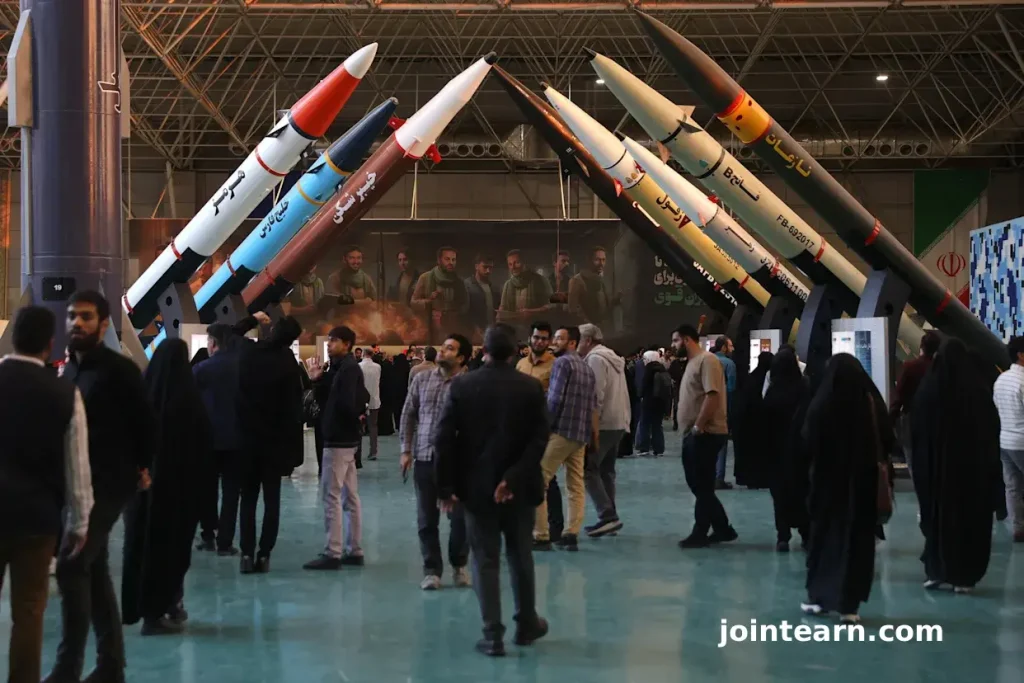
Tehran, Iran – The Islamic Revolutionary Guard Corps (IRGC) has officially confirmed the seizure of the Marshall Islands-flagged oil tanker Talara as it transited the Strait of Hormuz on Friday, November 15, 2025. The IRGC stated the operation was carried out under a judicial order to protect Iran’s national interests, alleging the vessel was carrying an unauthorized cargo of 30,000 tons of petrochemicals, including high-sulfur gas oil, a fuel commonly used for marine vessels.
Details of the Seizure
The Talara, operated by Cyprus-based Columbia Shipmanagement, was en route from a port in the United Arab Emirates to Singapore when it was intercepted approximately 20 nautical miles (37 km) east of Khor Fakkan, UAE. According to Iranian reports, the operation involved three small boats and an IRGC helicopter, steering the tanker into Iranian territorial waters.
The company managing the vessel reported loss of contact with the ship and said it is coordinating with maritime security agencies to ensure the crew’s safety. The IRGC described the action as “in accordance with legal duties” to safeguard the national resources of Iran.
International Reactions and Monitoring
The incident has drawn international attention. U.S. Central Command confirmed awareness of the seizure and is actively monitoring the situation, emphasizing that commercial vessels have the right to unimpeded navigation on the high seas. Meanwhile, UK Maritime Trade Operations (UKMTO) confirmed the event involved “state activity” and tracked the tanker’s diversion toward Iranian waters.
A U.S. Navy MQ-4C Triton drone reportedly loitered over the area for hours, observing the seizure. The situation has prompted concerns about freedom of navigation in the Strait of Hormuz, a strategic chokepoint where 20% of global oil trade and one-third of liquefied natural gas exports pass.
Historical Context and Regional Tensions
This is the first such interdiction by Iranian forces in the Strait of Hormuz in over a year. Previous actions include:
- July 2024: IRGC seized a Togo-flagged tanker southwest of Bushehr, Iran, citing fuel smuggling.
- April 2024: Portuguese-flagged containership linked to an Israeli billionaire was boarded by IRGC commandos.
- November 2023 & 2021: Drone attacks on Israeli-linked vessels in the Arabian Sea, with two European crew fatalities in 2021.
- May 2022: Seizure of two Greek tankers held until November in retaliation for an Iranian tanker detained in Greece.
- 2019: A series of limpet mine attacks attributed to Iran, affecting global shipping and insurance rates.
Tensions have escalated since the 2018 U.S. withdrawal from the Iran nuclear deal, subsequent sanctions, and military confrontations, including the assassination of General Qassem Soleimani in 2020 and a 12-day war with Israel in June 2025.
Strategic Implications
The Talara seizure underscores the ongoing volatility in the Persian Gulf and Iran’s willingness to use military force to control shipping routes. Tehran has previously threatened to close the Strait of Hormuz in response to external pressure, a move that could disrupt global energy markets. The IRGC’s recent display of missiles, drones, and advanced military technology highlights its focus on strengthening defensive capabilities following recent conflicts.


Leave a Reply